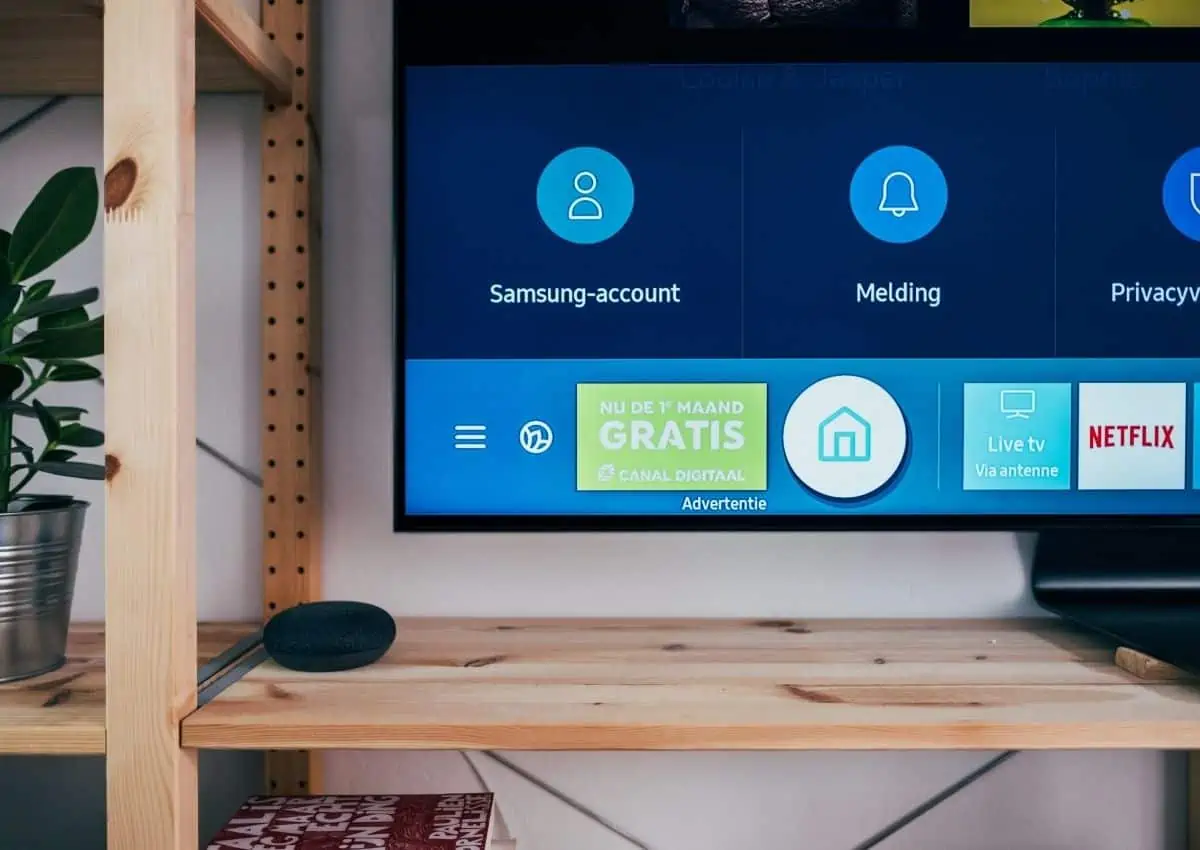Over the past four years South Africans have started ignoring their SABC TV Licence annual payments according to the latest An analysis of the South African Broadcasting Corporation’s (SABC’s) annual reports.
The TV licence evasion rate currently stands at 82.1% since 2021 which clearly shows that majority of South Africans are evading the annual fees. This is an increase from 80.6% in 2020 and a 69% in 2019. South Africans are clearly not interested in paying for their licenses.
Here’s why people are evading their SABC TV Licence payments
Covid-19 pandemic seems to have played a crucial role in this increase of evasion as the collection processes and the ability of many South Africans to pay annual licence fees.
“The current depressed economic environment resulted in a lower collection than anticipated,” the national broadcaster said in its 2021/2022 annual report.
“While there is current legislative prescripts of imprisonment and payment of fines for non-compliance, the limited resources and costs required to make this at present uneconomically viable.”
What is the cost?
The current regulations stipulates that first-time applicants must pay the full annual fee of R265 for a television licence. This is also equivalent to R28 in monthly instalments.
While South Africa’s TV licence evasion rate is not a new problem, the SABC’s deteriorating financial position means it is increasingly looking at new ways to make up this revenue shortfall.
Plans to scrap the TV Licence
In a November 2021 presentation to parliament, the national broadcaster said it was considering plans to scrap the traditional TV licence model in South Africa in favour of a new public media levy.
The new levy would be device-independent and apply to all households and businesses.
It would also be based on whether South Africans can access the content, not just whether they watch it. South Africans would therefore be required to pay the levy even if they don’t watch SABC content – simply being able to access it, on any device, is enough.
The SABC noted that the current TV licence model is based on ownership of a TV set and is thus outdated and will make collections more complicated. It added that developments in technology meant that people could access television content through many different devices and platforms.
Pensioners Discount
Pensioners and the indigent will receive a concession.
